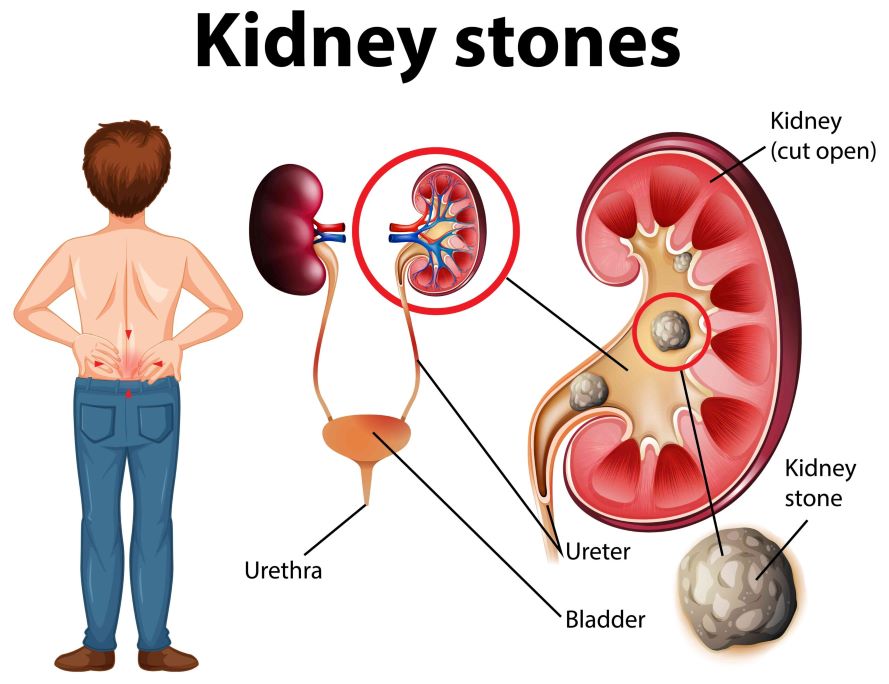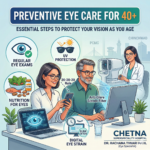Kidney stones are hard deposits of minerals and salts that form inside your kidneys. Though small stones may pass out of the body unnoticed, others can cause intense pain and complications if left untreated. Knowing when to consult a specialist can help prevent severe outcomes and preserve kidney function.
What Are Kidney Stones?
Kidney stones develop when certain substances like calcium, oxalate, and uric acid become concentrated in the urine and form crystals. These crystals can grow into stones, which may stay in the kidneys or travel down the urinary tract.
There are different types of kidney stones:
- Calcium stones (most common)
- Uric acid stones
- Struvite stones
- Cystine stones
Each type may require a different approach to prevention and treatment.
Common Symptoms of Kidney Stones
Kidney stones often go unnoticed until they start to move within the kidney or pass into the ureter. At that point, you may experience:
- Sharp, severe pain in the side or back
- Pain that radiates to the lower abdomen or groin
- Pain during urination
- Pink, red, or brown urine (blood in urine)
- Frequent urge to urinate
- Nausea and vomiting
- Fever and chills (if infection is present)
When Should You See a Specialist?
Not all kidney stones require surgery. However, certain signs indicate the need to consult a specialist like Dr. Dhananjay Patil, a trusted general surgeon in Pune.
Consult a specialist if you experience:
- Severe or unrelenting pain in the side or lower back.
- Blood in the urine, even in small amounts.
- Nausea, vomiting, or fever, which could indicate infection.
- Burning sensation or difficulty while urinating.
- Inability to pass urine or very low urine output.
- Recurrent kidney stones or a history of stone formation.
- A stone larger than 5mm, which may not pass naturally.
- Only one functional kidney or existing kidney disease.
Ignoring these symptoms can lead to complications such as urinary tract infections, permanent kidney damage, or blockage of the urinary tract.
For Consultation Contact us on 8390861787 / 9158681123
Website – www.chetnahospital.co.in
Address – Chetna Hospital, Sambhajinagar, MIDC, G Block, Near Rotary Club, Chinchwad 411019
.
.
.
#pune#pcmc#chinchwad#hospital#medical#medicalservices#health#healthcare#surgery#generalsurgery#medicalprocedure#generalsurgeon#generalsurgeoninchinchwad













